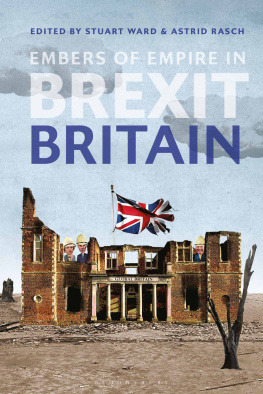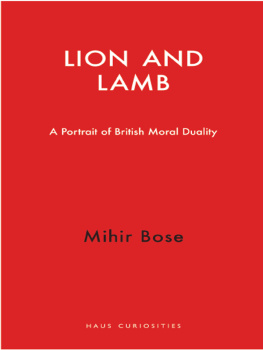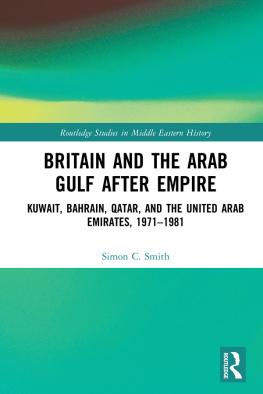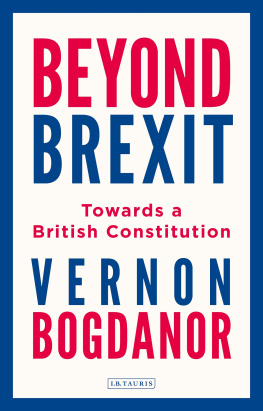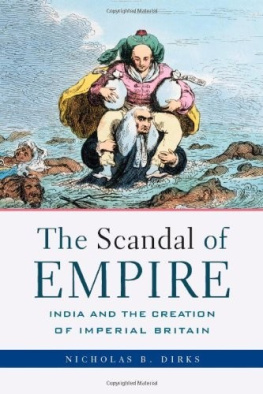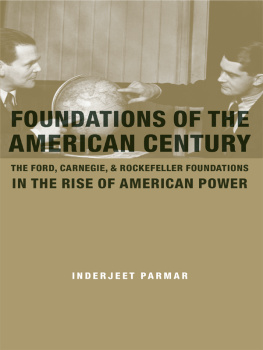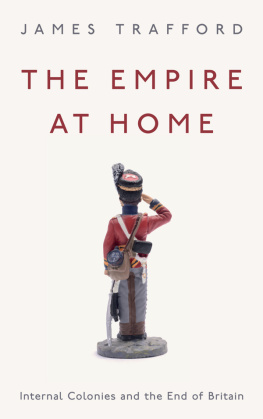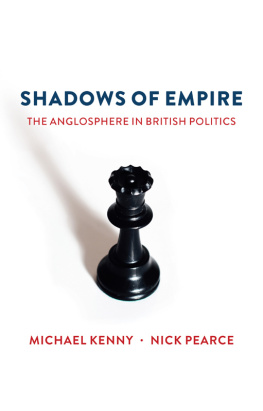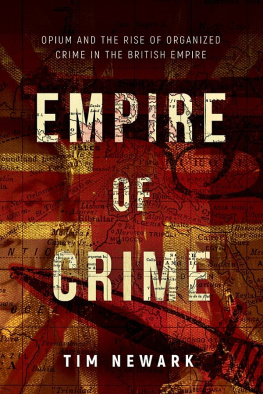
Embers of Empire in Brexit Britain

Contents
Neal Ascherson is a Scottish journalist and writer. Over a long career in journalism, he has written for the Observer (196090) and the Independent on Sunday (199098). He contributed scripts for the 1974 television documentary series World at War and the 1998 series The Cold War. More recently, he has been a regular contributor to the London Review of Books. His books include Polish August (Penguin, 1981), Black Sea (Cape, 1995) and Stone Voices (Granta, 2002). He is the Honorary Professor at the Institute of Archaeology, University College London. He is an Honorary Fellow of the Society of Antiquaries of Scotland.
Jennifer Ballantine Perera has, since 2011, held the post of Director of the Gibraltar Garrison Library. She is affiliated to the University of Gibraltar as the Director of the Institute for Gibraltar and Mediterranean Studies. Dr Ballantine Perera has worked on a number of research projects, including the AHRC funded project, Gibraltar Community and Identity (200306); the ESRC funded oral history project on Gibraltar, Bordering on Britishness, (201317) with focus on border identities; and an EU funded project The Encyclopedia of Migrants (201517) together with partnering European institutions. She founded Calpe Press, a publishing house dedicated to promoting Gibraltar writings, in 2009.
Robert Bickers is a Professor of History at the University of Bristol. His most recent books include Getting Stuck in for Shanghai, or, Putting the Kibosh on the Kaiser from the Bund (2014), and the 2018 Wolfson-Prize for History shortlisted Out of China: How the Chinese Ended the Era of Western Domination (2017). Currently working on a history of the British firm John Swire & Sons, he directs the Historical Photographs of China and Hong Kong History projects at Bristol.
Elizabeth Buettner has been Professor of Modern History at the University of Amsterdam since 2014. Her recent work focuses on decolonization, postcolonial migration, multiculturalism, and memories of empire in Britain and other Western European countries. Since her book Europe after Empire: Decolonization, Society, and Culture was published by Cambridge University Press in 2016, her research has extended further into the overlapping histories of post-colonial Europe and European integration.
Katie Donington is a Lecturer in History at London South Bank University. Her research focuses on the history, legacies and representation of British transatlantic slavery. She is a co-author of Legacies of British Slave-ownership: Colonial slavery and the formation of Victorian Britain (Cambridge: Cambridge University Press, 2014). She is the co-editor of Britains history and memory of transatlantic slavery: The local nuances of a national sin (Liverpool: Liverpool University Press, 2016). Her monograph The Bonds of Family: Slavery, commerce and culture in the British Atlantic world will be published by Manchester University Press in 2019.
Richard Drayton is Rhodes Professor of Imperial History at Kings College London. His most recent book is Whose Constitution? Law, Justice and History in the Caribbean (2016).
Saul Dubow is a historian of modern South Africa with particular interests in empire, science and intellectual history. He is the Smuts Professor of Commonwealth history at Cambridge and a fellow of Magdalene College. His most recent book is Apartheid 19481994 (Oxford, 2014). He is currently completing a book on the history of science in South Africa from 1750 to the present with William Beinart.
Dane Kennedy is the Elmer Louis Kayser Professor of History and International Affairs at George Washington University in Washington D.C. and the Director of the National History Center. He is a historian of the British imperial world whose latest book is The Imperial History Wars: Debating the British Empire (Bloomsbury, 2018).
Michael Kenny is Professor of Public Policy at the University of Cambridge and the Director of the Bennett Institute for Public Policy. He has published extensively on British politics and political history, and is the author of The Politics of English Nationhood (Oxford University Press, 2014), which won the WJM Mackenzie prize for best book in political studies in the UK in 2015.
Yasmin Khan is an Associate Professor of British History at the University of Oxford. She has published on the decolonization of South Asia including refugees, war and the Partition of 1947. Her most recent book is The Raj at War (Bodley Head, 2015). In 2018 she presented a short series, A Passage to Britain on BBC2.
Olivette Otele is Professor of Colonial History, Memory and Politics at Bath Spa University. Vice President of the Royal Historical Society, she is also an advisory board member of the UKs Arts and Humanities Research Council and a European Commission research grant evaluator. She is the author of several articles and volumes. Her forthcoming and latest publications include: Post-conflict Memorialization: Missing memorials, absent bodies (Palgrave Macmillan, 2019); African-Europeans: a Hidden History (Hurst, 2019); Histoire de lesclavage britannique: des origines de la traite aux premisses de la colonisation (Houdiard, 2008). Professor Otele is also a broadcaster (BBC, Sky News, The Guardian, the Daily Telegraph, Radio France, Jeune Afrique, etc.).
Fintan OToole is a columnist with The Irish Times and Leonard L. Milberg lecturer in Irish Letters at Princeton University, USA. He is a regular contributor to the New York Review of Books and The Guardian. He has published over a dozen books on cultural, historical and political matters, the latest of which is Heroic Failure: Brexit and the Politics of Pain (Head of Zeus, 2018).
Nick Pearce is Professor of Public Policy and Director of the Institute for Policy Research at the University of Bath. He was formerly Head of the No. 10 Policy Unit and the IPPR think-tank. He is co-author, with Michael Kenny, of Shadows of Empire: The Anglosphere in British Politics (Polity Press, 2018).
Astrid Rasch is Associate Professor of English at the Norwegian University of Science and Technology. Her research centres on memory culture at the end of the British Empire with a particular focus on memoirs from Zimbabwe, Australia and the Caribbean, and the memory of Empire in Brexit Britain. She has published on autobiography, decolonization and nostalgia and edited the anthology Life Writing After Empire (Routledge, 2016). She is the founder and leader of the Decolonial Research Group in Norway and heads the Scandinavian network initiative Literatures of Change: Culture and Politics in Southern Africa.
Camilla Schofield is a Senior Lecturer in History at the University of East Anglia. Her research focuses on the history of decolonization, migration and racism in post-war Britain. She wrote Enoch Powell and the Making of Postcolonial Britain (Cambridge, 2013) and is now editing a forthcoming volume on the global history of white nationalism in the post-war period.
Bill Schwarz teaches in the School of English and Drama at Queen Mary University of London. He is currently engaged in completing his three-volume
Next page
